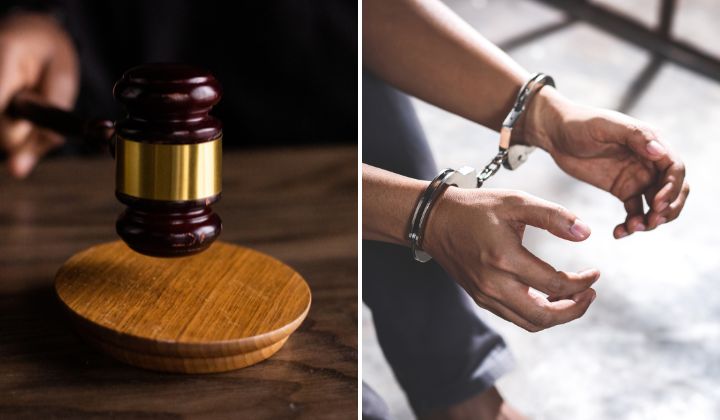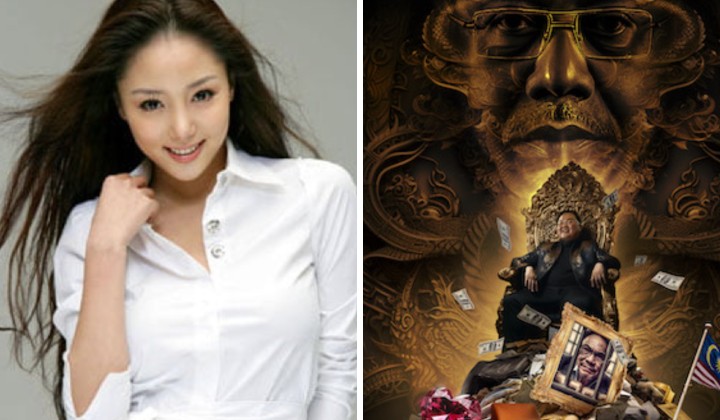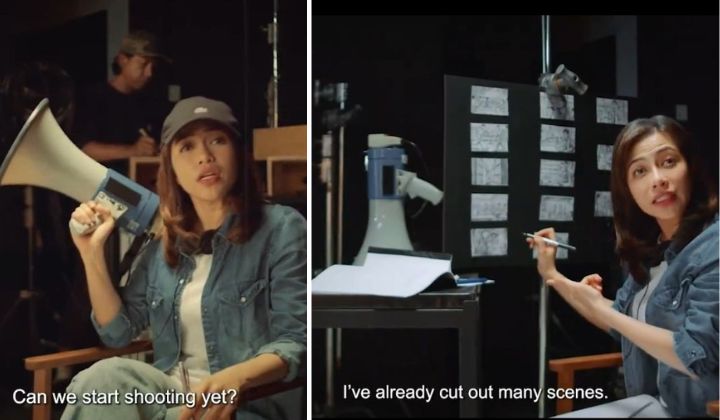Sedition Act, SOSMA & More: Censorship Harsh Reality For Malaysian Artists
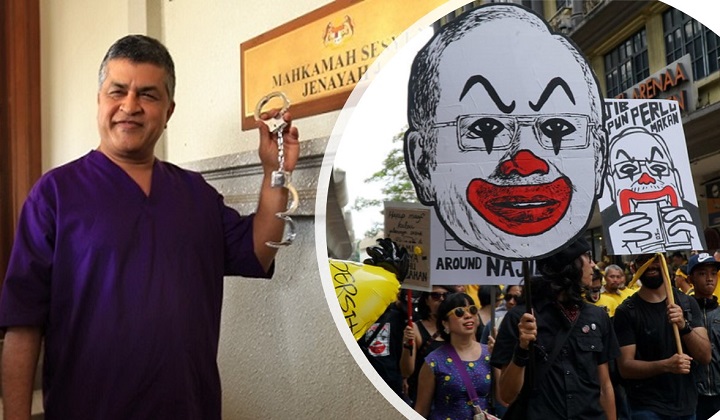
Article 10 of the Malaysian Federal Constitution states that every citizen has the right to freedom of speech and expression.
But is that the reality though? For decades, we have been inundated with news of arrests, bans and censorship of people, film, books, arts and more.
Zunar, the famed political cartoonist has been hit with a record of NINE charges under the Sedition Act.
Fahmi Reza, the mastermind behind the Najib clown face was convicted under Section 233 of the Communications and Multimedia Act 1998 for uploading the image on his social media – a decision that was finally dropped after numerous appeals.
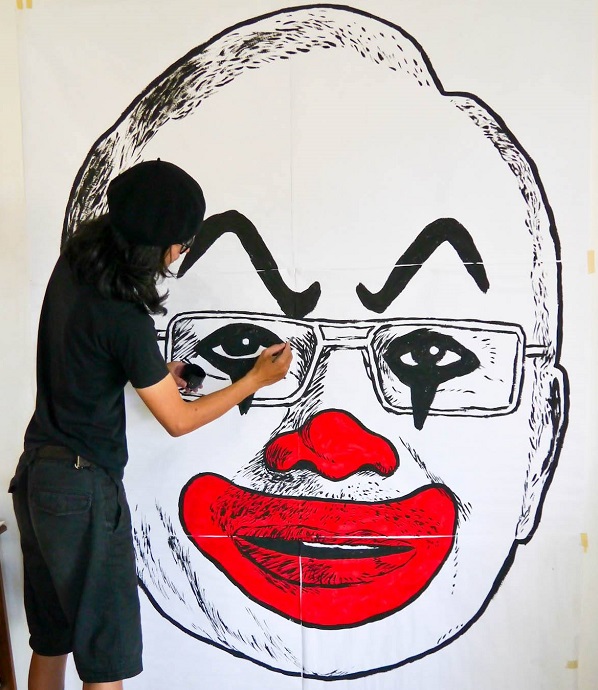
(Credit: @kuasasiswa/Facebook)
The truth is that censorship is a harsh reality of Malaysian artists.
This was the underlying message by some of Malaysia’s most eminent names in the arts at the “Arts for Politics or Pleasure: Malaysian Censorship and Regulation” forum organised by Taylor’s University School of Liberal Arts & Sciences in October 2019.
Censorship has been a big part of my life.
Dato Faridah Merican, Co-founder of The Actor’s Studio and Kuala Lumpur Performing Arts Centre (KLPAC) & Adjunct Professor, School of Liberal Arts & Sciences at Taylor’s University.
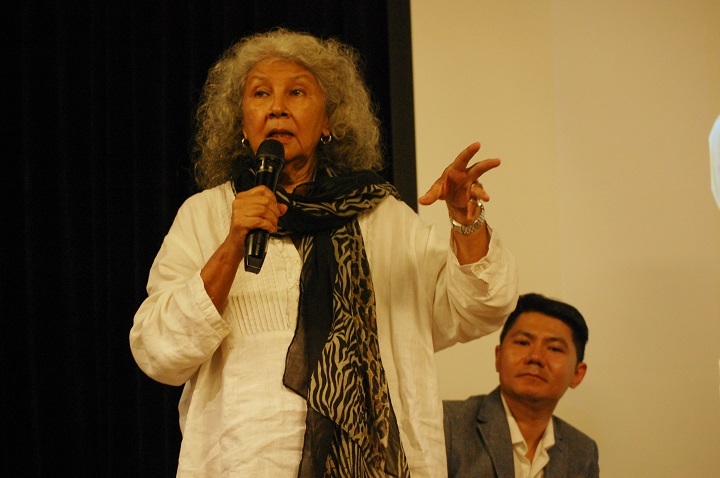
(Credit: Taylor’s University)
Malaysia’s First Lady of Theatre, Dato Faridah Merican is no newcomer to the world of censorship. A thespian since 1972 along with 46 years in advertising, she’s had more than her fair share of reprimand from authorities.
For one, KLPAC’s 1993 production of A Streetcar Named Desire drew flak and the lead actress Ramona Rahman was banned from the stage for 2 years for a scene where she locked lips with her male co-star.
At the same event Zunar shared besides the Sedition Act, he’s been silenced under SIX laws.
Some of the Malaysian laws commonly associated with censorship are:
- Sedition Act 1948
- Communications and Multimedia Act 1998
- Printing Presses and Publications Act 1984
- Film Censorship Act 2002
- Internal Security Act 1960 (repealed)
- Security Offences (Special Measures) Act 2012
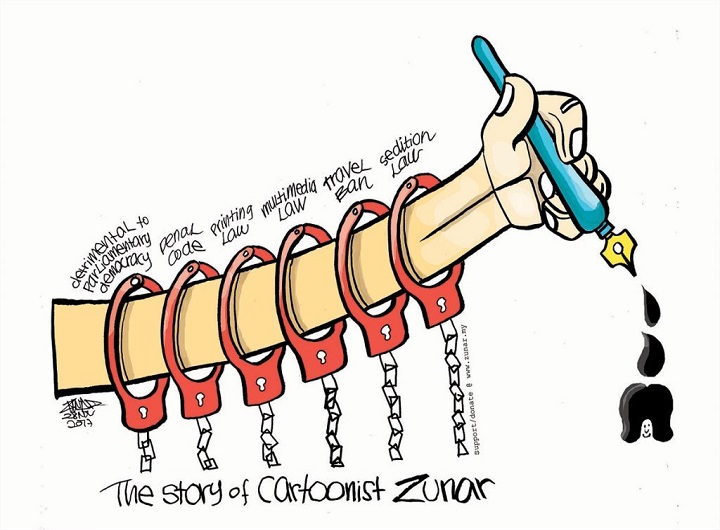
The 2019 World Report by Human Rights Watch documents that Malaysia’s freedom of speech improved dramatically following the May 2018 elections since Pakatan Harapan (PH) came into governance.
However, the report contends that the use of the Sedition Act still continues despite the promise of repealing the colonial era law in PH’s election manifesto.
In fact, new sedition investigations were opened in 2019, especially against individuals accused of insulting Malaysia’s royalty.
There is progress, though. Earlier in October 2019, Dewan Rakyat has scrapped the Anti-Fake News Act 2018 that makes “fake news”, especially those shared online, a crime.
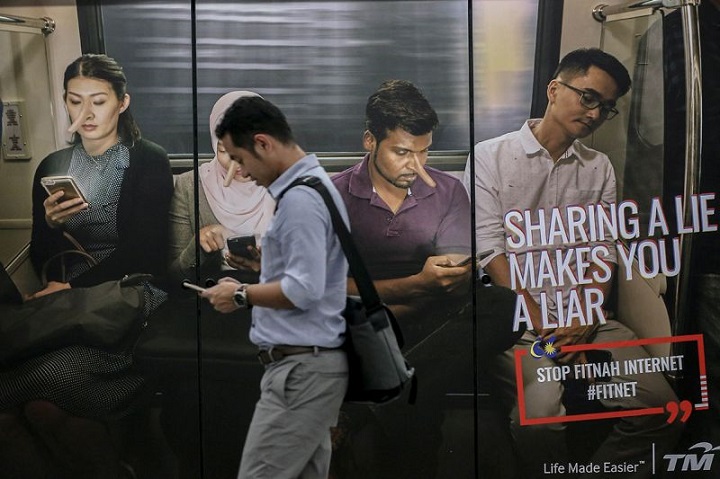
(Credit: Hari Anggara/Malay Mail)
So, how does one go about expressing your artistry in light of these censorships?
Lawyer Khaizan Sharizad Razak Dali (Sherrie) advices that creatives need to know how to argue and justify when the need arises.
She explains that arguments from authorities are always subjective, so it’s up the artist to defend and justify their work. Read the definitions in the law, then learn how to argue, defend and justify.
Freedom is not absolute, nothing is absolute.
Sherrie, Lawyer & Partner at Messrs. Seira & Sharizad.
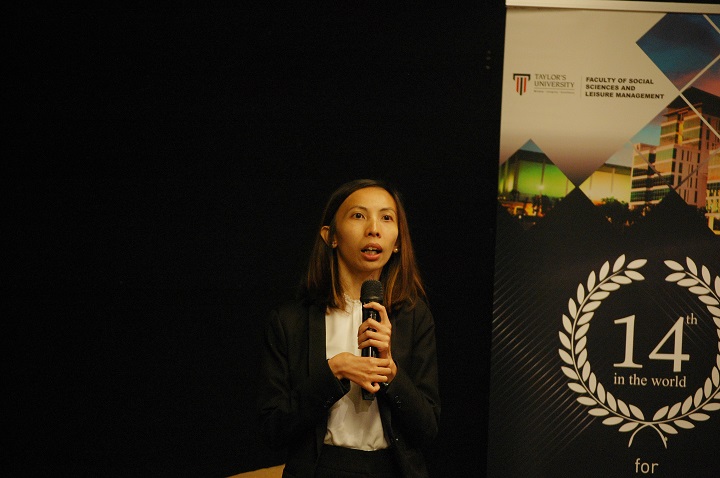
(Credit: Taylor’s University)
Dato Faridah agrees with this sentiment as well as she’s spent many years gleefully fighting and defending her work.
I just think of it as one more test for me as a Malaysian. Censorship is so challenging. It’s exciting and thrilling when I get to “outsmart” the authorities.
Dato Faridah.
While having knowledge of the law is important, Zunar cautions artists against self-censorship.
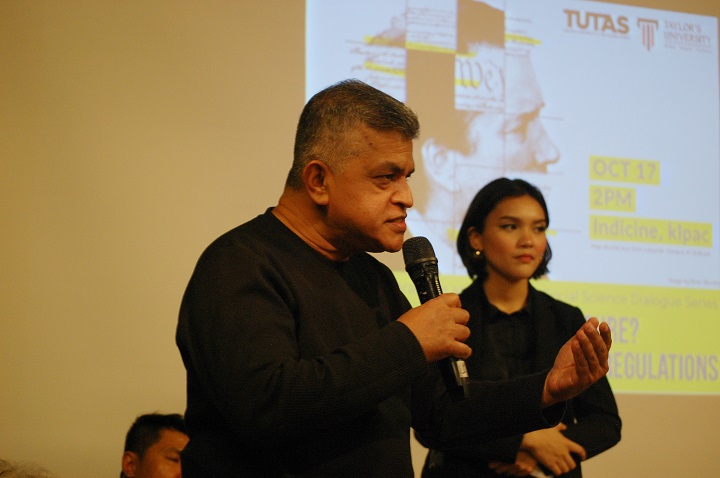
(Credit: Taylor’s University)
When you create, don’t think of the law. Just follow your spirit and let your work speak for itself. Knowledge of the law is important, yes, but never let that stifle your voice. Because talent isn’t a gift, it’s a responsibility.
Zunar the Cartoonist.
As the Index on Censorship watch group puts it, the freedom of expression is a fundamental human right.
The Malaysian artists that opt to touch on sensitive or political issues simply underpin the importance of this right in the development of society and a mark of a healthy democracy.
So Malaysians, what do you think of our country’s state of censorship in the arts?Share your thoughts with us on TRP’s Facebook, Twitter, and Instagram.
She puts the pun in Punjabi. With a background in healthcare, lifestyle writing and memes, this lady's articles walk a fine line between pun-dai and pun-ishing.

